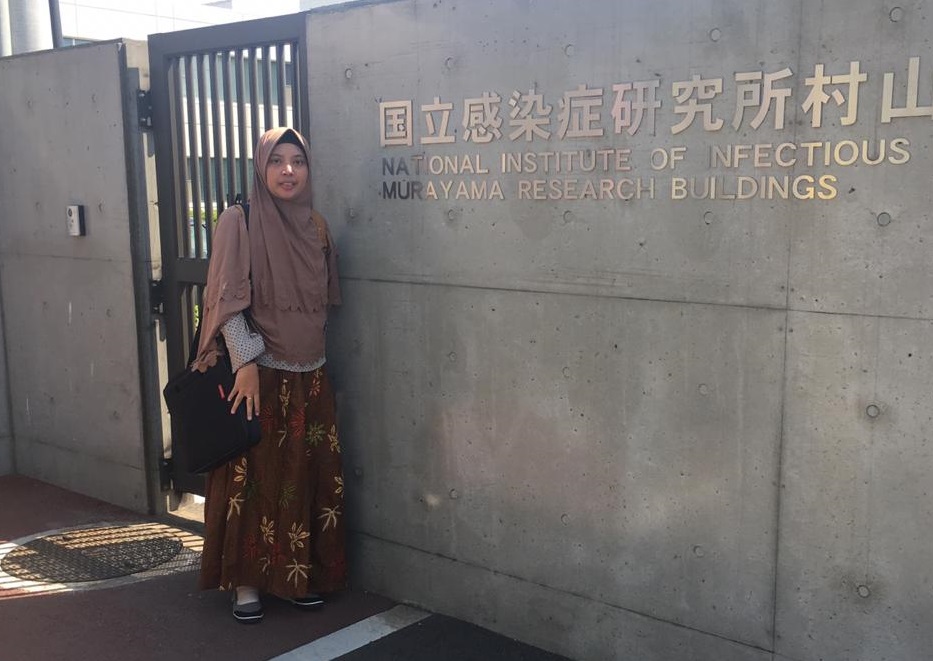UNAIR NEWS – The government has decided that the Covid-19 vaccination program will continue during the fasting month. It is also supported by the Indonesian Ulema Council (MUI) which issued a fatwa that it is permissible to do Covid-19 vaccination because it does not break fasting.
Laura Navika Yamani S.Si., M.Si., Ph.D., one of the epidemiology experts at the Faculty of Public Health (FKM) Universitas Airlangga (UNAIR) explained that the Covid-19 vaccine is not classified as food or drink and the vaccine itself is given intramuscularly not orally. So, according to her, the Covid-19 vaccine does not break the fast.
Laura also said that if someone wants to inject the Covid-19 vaccine in the month of Ramadan, he needs to pay attention to his health condition. There are several things that need to be prepared before implementing vaccination while fasting, added Laura, such as having to do suhoor and get enough rest.
“When having vaccination while fasting, a person may become weak after being vaccinated so he cancels his fast. Therefore, the government has also provided an alternative for the community to carry out vaccinations at night so the things they worry about do not happen,” she explained.
Furthermore, Laura revealed that someone who will get the Covid-19 vaccine must first go through a screening process to ensure that their health is in good condition. If someone has comorbid disease, she continued, it will also be known through the screening process, thereby reducing the possibility of adverse effects.
“In vaccination, the term side effect is referred to as an adverse effect. When an adverse effect appears, it must be identified first, is it true that the effect is due to the vaccine that has been obtained, ” she said on Tuesday, April 27, 2021.
After the vaccination is complete, added Laura, monitoring will be carried out for 30 minutes to find out if there are any adverse effects that appear in people who have just been vaccinated. Monitoring is also carried out until the person returns from where he received the vaccine so that, when adverse effects occur, he can immediately report to a health facility.
“If only mild adverse effects appear, usually around 1-2 days it will be gone, but if the adverse effects appear classified as severe, it must be consulted immediately with a doctor at the nearest health facility in order to get treatment,” she added.
Finally, Laura appealed to the public to contribute to the government’s efforts to resolve the pandemic by voluntarily taking the Covid-19 vaccination. Furthermore, the government also needs to provide education regarding the importance of Covid-19 vaccination and valid information about the possibility of post-immunization follow-up events (KIPI).
“The public needs to understand that the Covid-19 vaccination program itself has more benefits than disadvantages,” said Laura.
As the best university in Indonesia, UNAIR supports its human resources to develop themselves so that they can contribute to society. (*)
Author: Dita Aulia Rahma
Editor: Khefti Al Mawalia





